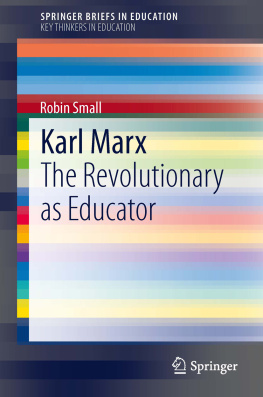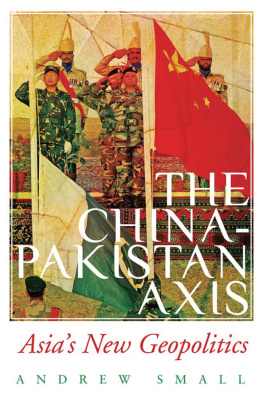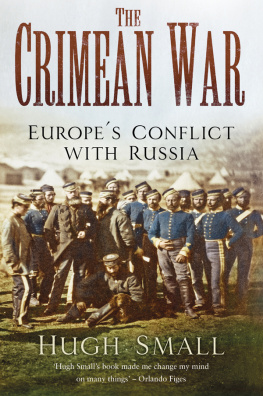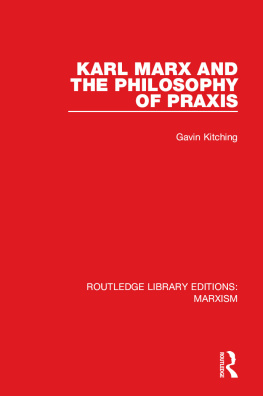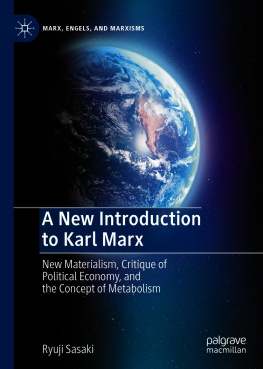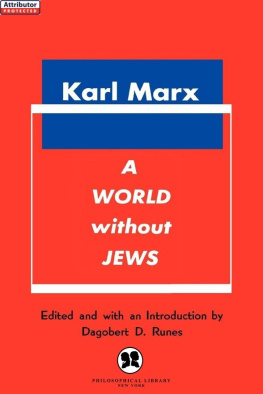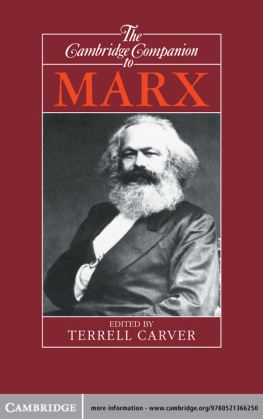Small - Karl Marx : the revolutionary as educator
Here you can read online Small - Karl Marx : the revolutionary as educator full text of the book (entire story) in english for free. Download pdf and epub, get meaning, cover and reviews about this ebook. year: 2014, publisher: Springer, genre: Religion. Description of the work, (preface) as well as reviews are available. Best literature library LitArk.com created for fans of good reading and offers a wide selection of genres:
Romance novel
Science fiction
Adventure
Detective
Science
History
Home and family
Prose
Art
Politics
Computer
Non-fiction
Religion
Business
Children
Humor
Choose a favorite category and find really read worthwhile books. Enjoy immersion in the world of imagination, feel the emotions of the characters or learn something new for yourself, make an fascinating discovery.
Karl Marx : the revolutionary as educator: summary, description and annotation
We offer to read an annotation, description, summary or preface (depends on what the author of the book "Karl Marx : the revolutionary as educator" wrote himself). If you haven't found the necessary information about the book — write in the comments, we will try to find it.
Abstract: This book is an introduction to Karl Marx (1818-1883) as a radical educational thinker. Marxs own schooling and education are examined and we see how his interest in educational issues was informed by his own experience. Educational themes in Marxs thinking are identified: the role of education within capitalist society, the contribution of education to human development and the character of education in a future society. These are placed in a historical setting by the author and related to public debates over educational policy. Throughout his career, Marx identified education as key to the prospects of the working class. The story of this engagement adds a new dimension to the picture of his work as a philosopher, political economist and socialist revolutionary. The aspects of education that concerned Marx matched prominent features of his theoretical and political activity, and educational themes provided him with a critical application for many of his most important ideas. The author explores Marxs work on the British factory school system, his use of evidence from the reports of school inspectors, and the contemporary movement that led to the establishment of modern systems of public schooling. The final chapter relates Marxs thinking to questions about the place of education in todays society, showing how relevant it is for the twenty-first century. These discussions contain new scholarship, draw on original sources and are written in a clear and readable style. Students in education courses at universities and colleges, educational researchers and teachers will find this examination of Karl Marxs ideas concerning education both engaging and enlightening--Provided by publisher
Small: author's other books
Who wrote Karl Marx : the revolutionary as educator? Find out the surname, the name of the author of the book and a list of all author's works by series.

